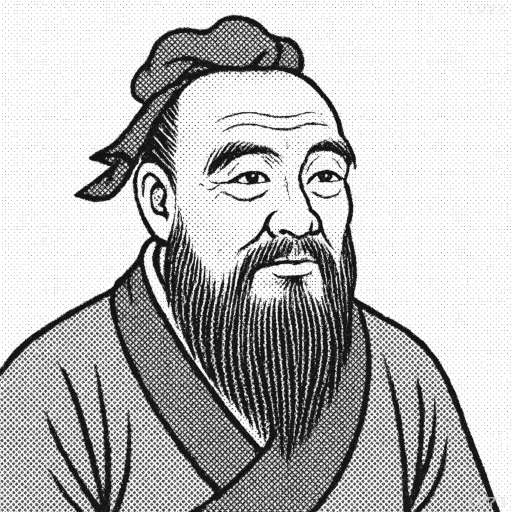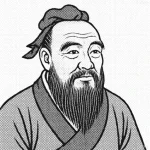“To know what you know and what you do not know, that is true knowledge.”

- 551 BC – 479 BC
- Han ethnicity
- Philosopher, educator, politician
table of contents
Quote
“To know what you know and what you do not know, that is true knowledge.”
Explanation
In this saying, Confucius emphasizes that true knowledge is rooted in self-awareness. Recognizing the limits of our understanding is just as important as knowing what we do understand. Confucius viewed humility and clarity in self-assessment as fundamental to wisdom. Rather than pretending to know everything, a wise person acknowledges their areas of expertise while openly admitting gaps in their knowledge, which leads to continuous learning and personal growth.
This idea remains essential today, especially in an age where information is easily accessible but often incomplete. The ability to discern between what we truly understand and what we only partially grasp is crucial for effective decision-making and learning. For instance, in a professional context, an employee who admits they need guidance in a specific area is likely to grow faster and make fewer mistakes than one who pretends to know everything. By admitting our knowledge gaps, we open ourselves to constructive feedback and collaborative learning.
Confucius’s words remind us that true wisdom comes from a balance of confidence and humility. By recognizing what we know and do not know, we not only gain a clearer sense of ourselves but also foster a mindset of growth, curiosity, and integrity. This approach to knowledge builds a strong foundation for lifelong learning and authentic relationships with others.
Would you like to share your impressions or related stories about this quote in the comments section?




